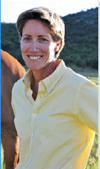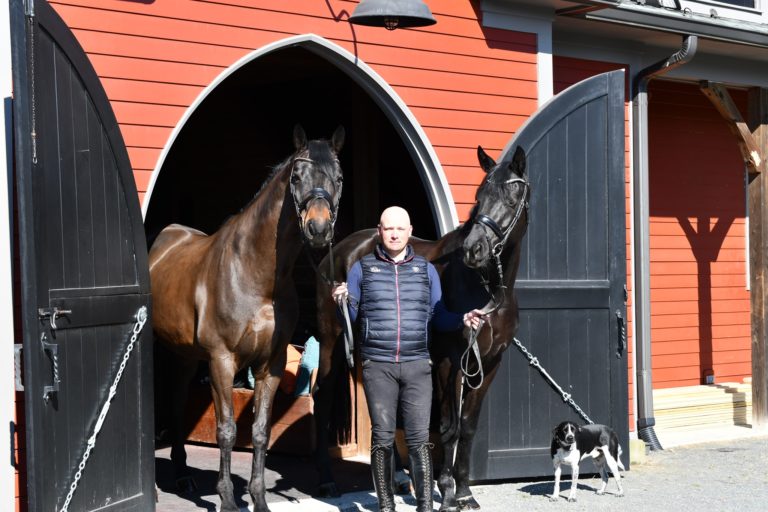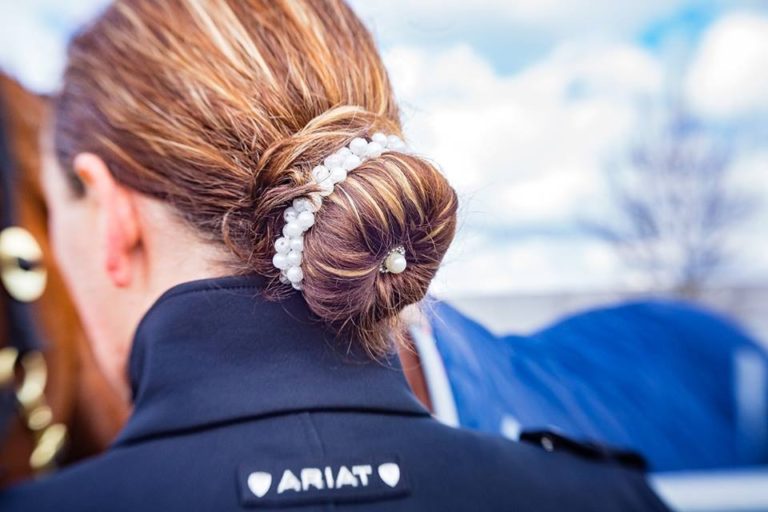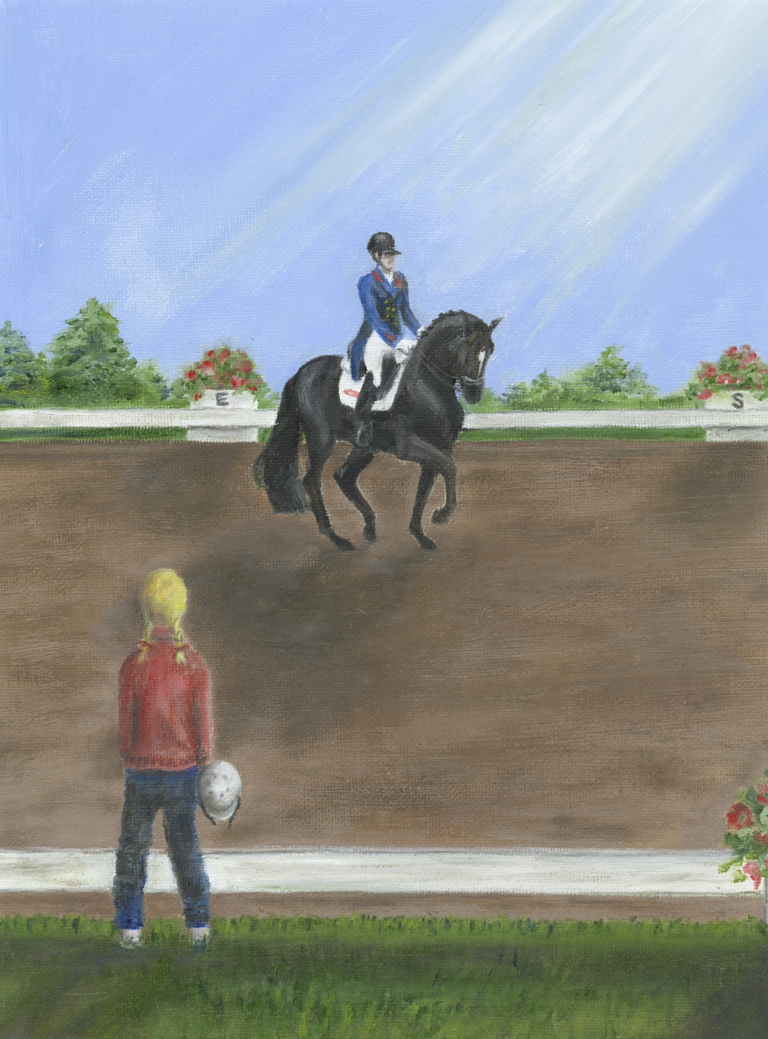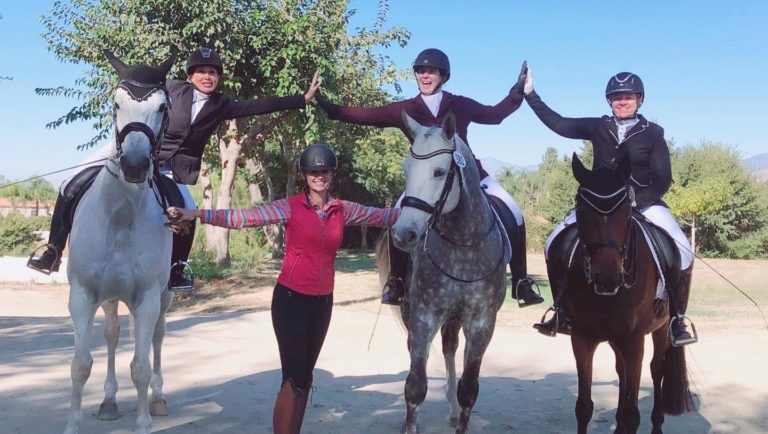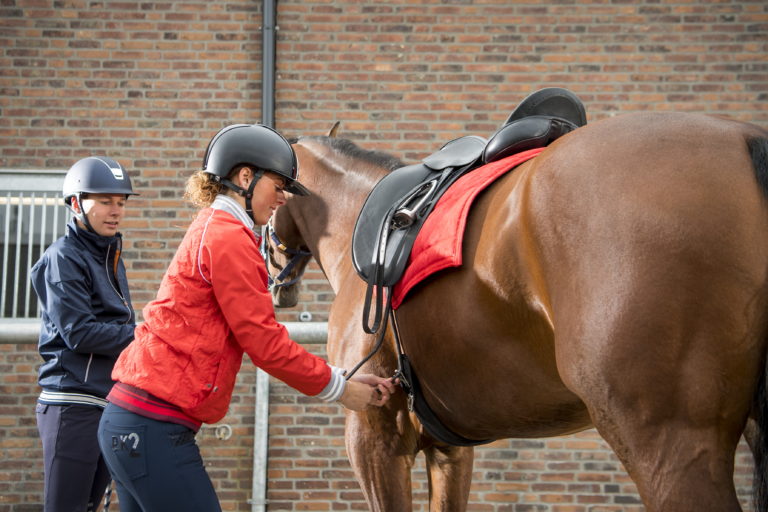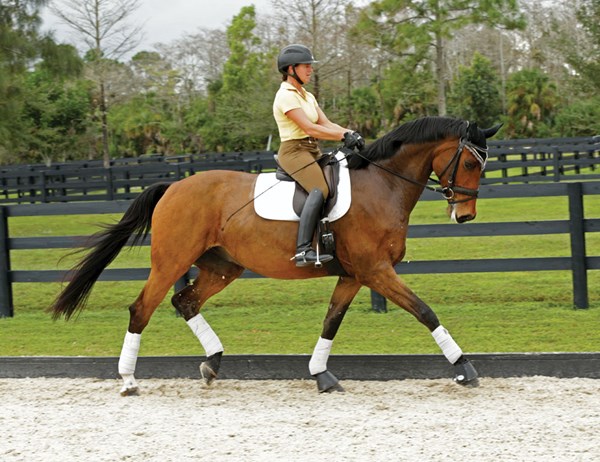
As Part 1 of a two-part series about stress, let’s begin by talking about how you define stress. What is your personal definition of it? For just about everyone, the answer usually involves a negative connotation. Google even defines “stress” in negative terms as “a state of mental or emotional strain or tension resulting from adverse or very demanding circumstances.” Stress can be difficult, upsetting, challenging and, well, stressful. But could there be another way to define it? In the 1960s, Hans Selye, a Hungarian endocrinologist,became the first to really talk about stress. First, he studied it in a physiologic and biologic context and then extended the concept to emotional and mental applications. Based on his observations, he determined that stress was “the nonspecific response of the body to any demand made upon it.” Based on this definition, it is simply what our body and mind do to react to pretty much anything and everything.
A big word in literature on stress is homeostasis, which is a technical way to describe the body’s tendency to seek a balanced baseline. Our bodies are designed to survive, which depends on the ability to maintain this balanced baseline. What this means is that we seek homeostasis without even knowing it. When it’s too hot outside, you sweat to cool off. When it’s too cold outside, you shiver. You are awake for a while and then you become eager to sleep. You are hungry so you eat. You exert energy and then you rest. Stress is one action and relief, or recovery, is the counter-action. So stress is ultimately a deviation from homeostasis and requires a way to return to baseline.
There is no absence of stress in the life of any person I know, young or old. It’s not going away any time soon for anyone, so the best thing we can do is to learn how to deal with it.Stress has a major impact on our bodies as we all know. But do you know what stress does to your brain? If your brain was a computer, stress would literally take it off line. Since our bodies are designed for survival first and all the other stuff second, when something signals stress to our brain, it kicks into survival mode. All major resources, like blood and chemicals, are mobilized to allow the body to fight or flee to survive. Thinking and feeling have no role in survival so they are the first to get cut. When you click into stress mode, you lose your cognitive capacity to think and make decisions. This is why so many people experience a “brain freeze” in the ring and forget their test, sometimes even with a reader! Another interesting fact is that a brain cannot learn in this state. When you are upset, you react without thinking and you do this repeatedly because you didn’t learn the first time because of the stress.
Now let’s talk about stress as it relates to horses. We know that horses are hardwired for survival and their fight-or-flight mechanism will kick in at the drop of a plastic bag. Horses recover from stress much quicker, though. You’ve seen a horse spook in the paddock. He runs, snorts, looks 20-hands tall and then before you can see what scared him, he’s back to grazing again. But remember, horses cannot learn if they are triggered into flight mode, and since they can’t always flee when we are on them, they have to resort to fighting.
Next month we will take a deeper look at how to cope with stress. But in the meantime, begin to observe stress in both yourself and your horse. Notice how often you both kick into survival mode and how little is accomplished when you are in that state. I will give you a tip: The key to dealing with stress is promptly returning to your baseline. Start thinking about how often you find yourself and your horse in a stressed state and how intense that stress is. Then start thinking about how you and your horse find relief and feel good again.
Jenny Susser has a doctoral degree and is licensed in clinical health psychology, specializing in sport psychology. A four-year all-American swimmer at UCLA, she swam on two national teams and at the 1988 Olympic Trials. She has worked with athletes of all sports and ages—collegiate, professional, international and amateur. She was the sport psychologist for the 2010 WEG South African Para-Dressage Team and the 2012 U.S. Olympic Dressage Team. Dr. Jenny is also a performance coach with Human Performance.
